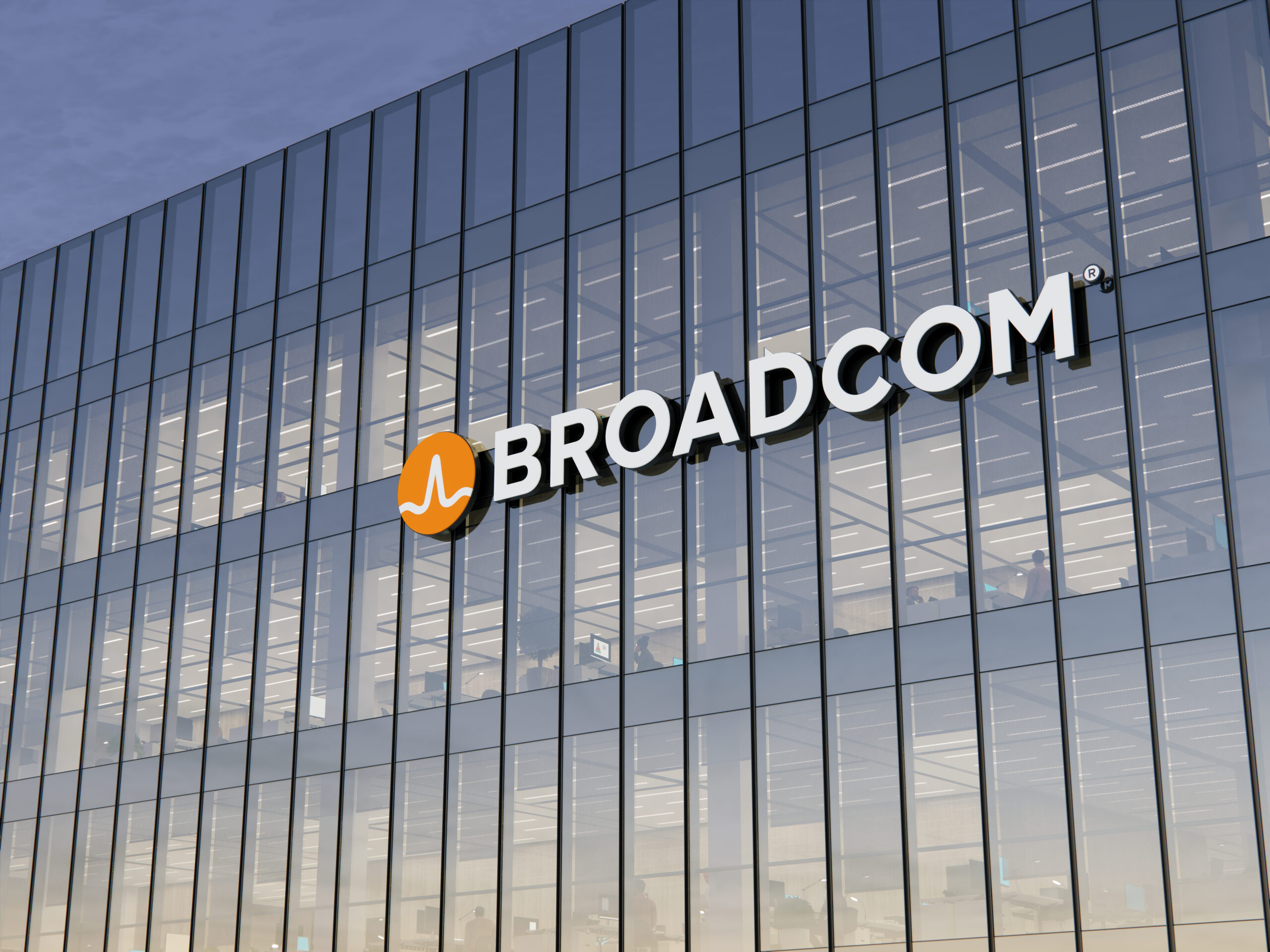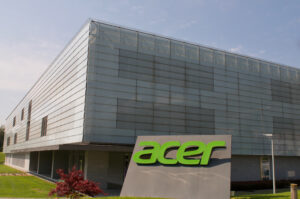Broadcom and its acquisition of VMware brings both opportunities and challenges to most IT infrastructure. One may be wondering how this merger will impact one’s organization’s legacy systems and long-term support strategies. Rest assured, VMware’s extensive customer base remains a top priority throughout this transition. In this article, let’s explore how Broadcom plans to maintain support for existing VMware deployments while gradually integrating new technologies. Understanding these strategies helps decision-makers to make informed decisions about their virtualization infrastructure and ensure a smooth path forward in this changing technological ecosystem.
The Broadcom Acquisition and VMware’s Future
The Broadcom acquisition of VMware marks a significant turning point in the virtualization and cloud computing landscape. This merger brings together two tech giants, potentially reshaping the industry’s future. As you navigate this transition, it’s crucial to understand the implications for your organization’s IT infrastructure and strategy.
Broadcom Acquisition’s Impact on VMware’s Product Portfolio
- Broadcom’s acquisition will likely influence VMware’s product offerings. You may see a shift in focus towards enterprise-centric solutions, aligning with Broadcom’s historical business approach. This could lead to enhanced integration between VMware’s virtualization technologies and Broadcom’s hardware solutions, potentially offering you more comprehensive, end-to-end IT solutions.
Long-term Support and Innovation
- While change is inevitable, Broadcom has emphasized its commitment to supporting VMware’s existing customer base. You can expect continued support for legacy systems, albeit with a gradual integration of new technologies. This approach aims to balance innovation with stability, ensuring that your current VMware investments remain valuable while providing pathways to future advancements.
Strategic Considerations for IT Leaders
- As an IT leader, you should closely monitor the VMware/Broadcom legacy support strategy. Stay informed about product roadmaps and support timelines to make informed decisions about your infrastructure. Consider exploring hybrid solutions that leverage both existing VMware technologies and new offerings that may emerge from this acquisition, ensuring your organization remains agile and competitive in the evolving tech landscape.
Broadcom: VMware’s Commitment to Supporting Existing Customers

As Broadcom’s acquisition of VMware unfolds, many IT leaders are concerned about the future of their legacy systems. However, VMware has consistently emphasized its dedication to supporting its established customer base throughout this transition.
Continued Support for Legacy Products
VMware recognizes the critical role its products play in countless enterprise infrastructures. The company has pledged to maintain support for existing systems, ensuring that customers can continue to rely on the technologies they’ve invested in. This commitment includes:
Regular security updates and patches
Access to technical support resources
Ongoing compatibility with newer software versions
Gradual Integration of New Technologies After Broadcom Acquisition of VMware
While supporting legacy systems, VMware is also working on integrating Broadcom’s innovations into its existing product lineup. This approach allows customers to:
Benefit from new features without disrupting current operations
Plan for future upgrades at their own pace
Leverage a hybrid environment of legacy and cutting-edge technologies
Clear Communication and Roadmaps
To alleviate concerns and provide clarity, VMware is prioritizing transparent communication with its customers. The company is actively sharing detailed roadmaps that outline:
Long-term support plans for legacy products
Timelines for introducing new features and integrations
Options for customers looking to transition to newer technologies
By maintaining this customer-centric approach, VMware aims to ensure a smooth transition for its user base while gradually introducing the benefits of its merger with Broadcom.
Broadcom/VMware: What the Deal Means for Product Roadmaps
Continuity and Innovation
- The Broadcom acquisition of VMware has raised questions about the future of VMware’s extensive product portfolio. However, industry experts anticipate a strategy of continuity mixed with gradual innovation. Broadcom recognizes the value of VMware’s established customer base and is likely to maintain support for core products while strategically integrating new technologies.
Broadcom to Focus on Key Revenue Drivers
- As the dust settles on the VMware/Broadcom legacy support strategy, we can expect a renewed focus on high-revenue products. Virtualization and cloud management tools will likely remain at the forefront of development efforts. Broadcom may streamline less profitable product lines, potentially leading to consolidation in certain areas of VMware’s offerings.
Emphasis on Cloud and Security
- The acquisition is expected to accelerate VMware’s transition towards cloud-native solutions. Broadcom’s expertise in networking and security could enhance VMware’s capabilities in these critical areas. Customers should anticipate increased investment in cloud infrastructure management tools and advanced security features integrated across the product suite.
Long-term Support Commitments
To assuage concerns about legacy system support, Broadcom is likely to outline clear, long-term support plans for existing VMware products. This approach aims to protect customer investments while providing a roadmap for future upgrades and migrations to newer technologies within the evolving VMware ecosystem.
Broadcom’s Strategies for Transitioning to New Technologies
- As VMware/Broadcom navigates the integration process, IT leaders must develop robust strategies for transitioning to new technologies while maintaining legacy support. This delicate balance requires a thoughtful approach to ensure minimal disruption and maximum value for existing customers.
Gradual Implementation
One effective strategy is the gradual implementation of new technologies. This approach allows organizations to:
Assess the impact on existing systems
Train staff on new features and functionalities
Identify and address potential compatibility issues
By phasing in new technologies, companies can minimize risks and ensure a smoother transition for their VMware/Broadcom legacy support strategy.
Hybrid Solutions
Implementing hybrid solutions that bridge legacy systems with new technologies can be an excellent way to ease the transition. This approach enables organizations to:
Leverage existing investments
Introduce cutting-edge capabilities
Maintain continuity in operations
Hybrid solutions provide a flexible framework for integrating new technologies while preserving the value of legacy systems, aligning with VMware/Broadcom’s commitment to supporting their established customer base.
Continuous Education and Training
Investing in continuous education and training programs is crucial for successful technology transitions. By keeping IT teams up-to-date on the latest advancements and best practices, organizations can:
Maximize the benefits of new technologies
Ensure smooth integration with legacy systems
Maintain high levels of support for existing infrastructure
This proactive approach to skill development aligns with the VMware/Broadcom legacy support strategy, fostering a culture of innovation and adaptability.
Broadcom’s Outlook for VMware Legacy Systems
As Broadcom’s acquisition of VMware unfolds, many IT leaders are wondering about the future of their existing VMware infrastructure. While change is inevitable, the outlook for VMware legacy systems remains largely positive. Broadcom has repeatedly emphasized its commitment to supporting VMware’s extensive customer base, recognizing the critical role these systems play in countless organizations worldwide.
Broadcom on VMware’s Continued Support and Maintenance
- VMware’s legacy systems will likely receive ongoing support and maintenance for the foreseeable future. Broadcom understands the importance of stability and reliability for enterprise customers, and abruptly discontinuing support for widely used systems would be counterproductive. Expect regular security updates, bug fixes, and performance improvements to continue, ensuring your VMware legacy infrastructure remains secure and functional.
Gradual Integration of New Technologies After Broadcom Acquisition of VMware
- While maintaining support for legacy systems, Broadcom is also expected to gradually introduce new technologies and features. This approach allows organizations to benefit from innovations without disrupting their existing setups. The VMware/Broadcom legacy support strategy will likely focus on creating seamless migration paths and integration options, enabling customers to adopt new capabilities at their own pace.
Long-term Transition Plans
- For those concerned about the long-term viability of their VMware legacy systems, Broadcom is expected to provide clear roadmaps and transition plans. These will outline how legacy systems will be supported over time and offer guidance on eventual upgrades or migrations to newer platforms. This forward-looking approach will help IT leaders make informed decisions about their infrastructure investments and future technology strategies.
In Conclusion
As you navigate the evolving landscape of VMware’s acquisition by Broadcom, it’s crucial to stay informed and proactive in your approach to legacy system support. While change is inevitable, the commitment to maintaining VMware’s extensive customer base suggests a measured transition. You should anticipate a blend of continued support for existing systems alongside the gradual introduction of new technologies. By closely monitoring official communications and industry trends, you can effectively plan for the future of your IT infrastructure. Remember, adaptability and strategic planning will be key to leveraging the best of both worlds – the reliability of legacy systems and the innovation promised by this significant industry merger.
More Stories
Sisense Intelligence: Transforming Data into Action with Generative AI
Sisense Intelligence offers a seamless experience, allowing you to interact with data using natural language and generate insightful dashboards without the need for complex coding.
TikTok Empowers Users with AI-Driven Content Control Tools
TikTok is advancing digital content with AI-driven tools that give you more control over your viewing experience. On June 3,...
Nokia Powers Next-Gen PON and Wi-Fi 7 Evolution
With the introduction of their co-existence network solution, advanced Wi-Fi 7 gateways, and a high-density 25G PON line card, Nokia empowers operators to meet the increasing demand for robust, high-capacity networks.
Nordic’s nRF9151 Powers Japan’s IoT Future with NTT DOCOMO LTE-M Certification
With the recent LTE-M certification of Nordic’s nRF9151 System-in-Package (SiP), witness a transformation in cellular IoT deployment across various industries.
Perplexity Labs: Transforming Prompts into Dynamic Reports and Dashboards
As a professional in today’s fast-changing digital world, you need tools that go beyond traditional limitations. That’s where Perplexity Labs comes in—an innovative feature from Perplexity AI, available only to Pro subscribers. It turns your creative prompts into detailed reports, interactive dashboards, spreadsheets, and even full web applications.
Instagram Edits Empowers Creators with Pro-Level Mobile Video Tools
Instagram unveiled Edits, their groundbreaking mobile video editing app designed to elevate the quality of Reels and short-form videos to empower creators.


